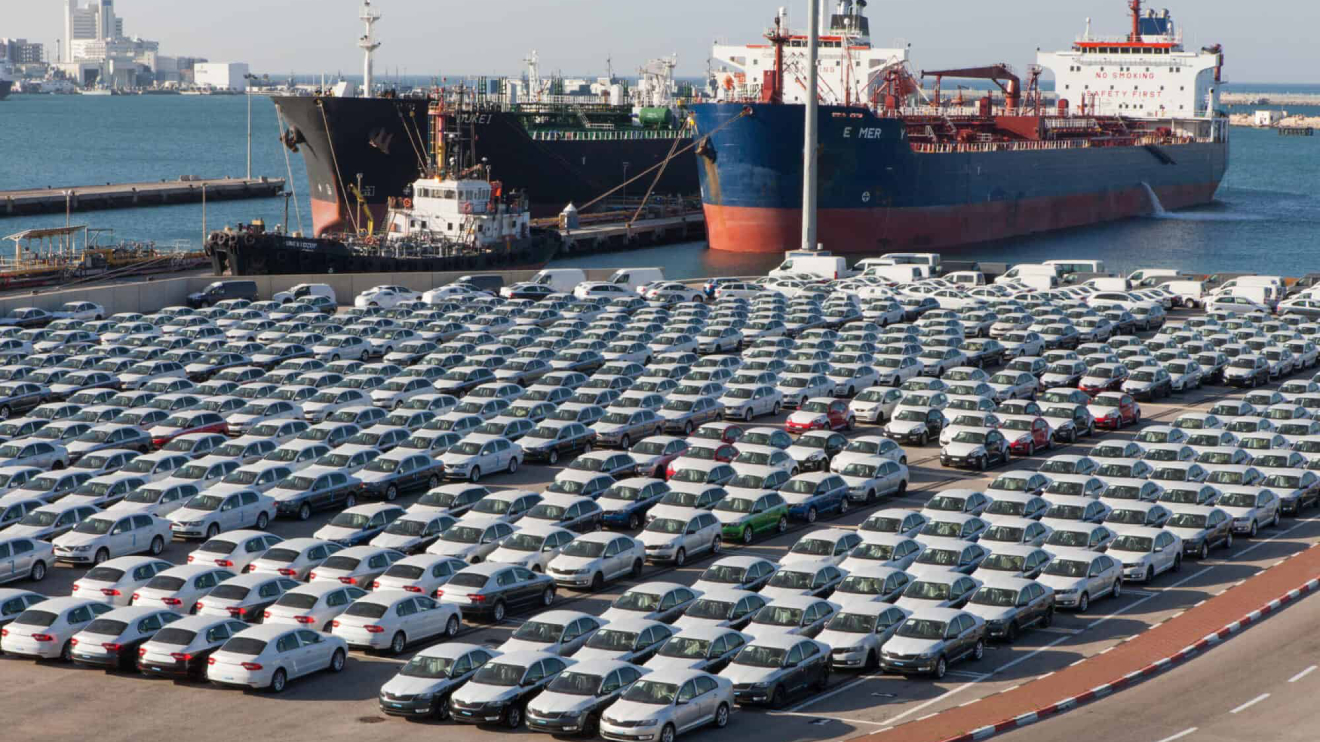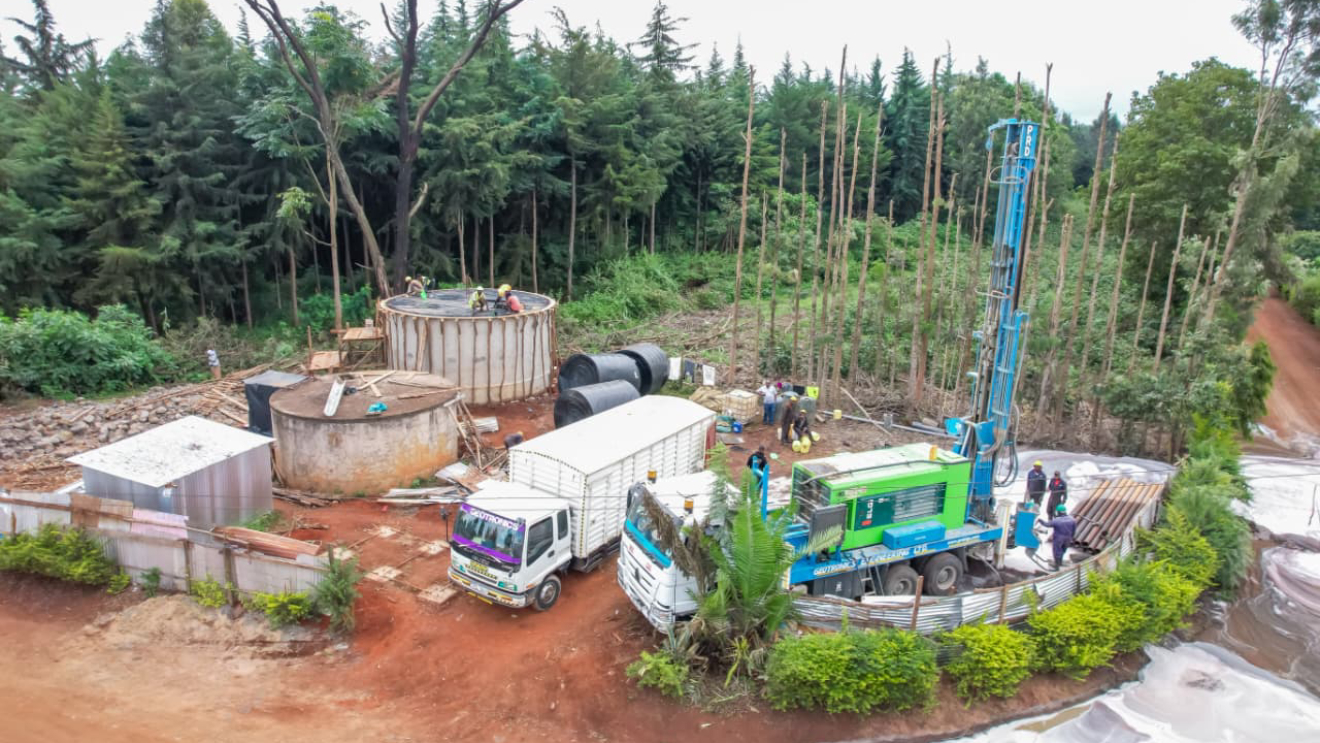The Kenyan government is considering a series of tax reforms aimed at promoting environmental sustainability and wealth redistribution, with potential implications for vehicle ownership and operation costs.
The proposals, outlined in the draft medium-term tax revenue strategy, include changes to excise duties on fuel-run cars, the introduction of an annual wealth tax linked to engine capacity, and measures to encourage the adoption of green vehicles.
Excise Duty and Wealth Tax:
Under the government's plan, excise duty on vehicles running on fossil fuels may see a gradual increase. Additionally, car owners may be subject to an annual wealth tax based on their vehicle's engine capacity.
The Treasury has provided further insight into the proposed taxation framework, stating" The tax will be paid annually by motor vehicle owners at the point of acquiring an insurance cover. There will be a minimum tax amount payable by all motor vehicle owners in addition to a graduated amount based on the engine capacity of the vehicle."
Read More
Promoting Green Vehicles:
In a concerted effort to combat air pollution and promote green alternatives, the government is also considering raising import taxes on vehicles using fossil fuels.
This could be coupled with a potential reduction in taxation for electric vehicles to incentivize their adoption.
The measures are aimed at aligning the automotive market with sustainable practices and fostering a transition towards a green economy.
Congestion Charge:
Furthermore, the government is exploring the introduction of a congestion charge, a fee imposed on vehicles operating within designated heavy traffic zones.
While specific charges have not yet been proposed, the government envisions this measure as a means to reduce carbon emissions.
This move, similar to congestion charges in countries like the UK, is expected to target high-traffic cities in Kenya, including Nairobi, Mombasa, Kisumu, and Nakuru.
These proposed tax changes are in line with Kenya's broader environmental and fiscal policies, as outlined in the January draft National Green Fiscal Incentives Policy Framework.
The goal is to not only mitigate environmental impacts but also to redistribute wealth and encourage a shift towards eco-friendly transportation options.
As these proposals make their way through the legislative process, Kenyan citizens, car owners, and environmental advocates are closely watching how these potential changes may impact the nation's vehicle landscape and its efforts to promote a sustainable and equitable future.










 shares a light moment with the company's Group CEO Dr Patrick Tumbo (right) at a past event-1758121528.jpeg)
-1758116028.jpeg)
